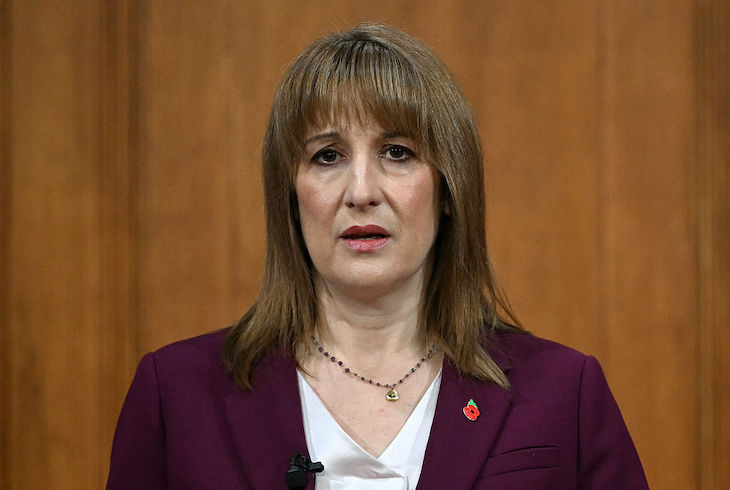‘The ONS apologises for any inconvenience caused’ is becoming an all-too-familiar refrain from Britain’s statisticians. The latest mea culpa came after a blunder involving vehicle tax data led the Office for National Statistics to overstate April’s inflation figure. Initially reported as 3.5 per cent, the true figure was 3.4 per cent – only revealed once the Department for Transport corrected its own error on the number of cars subject to increased vehicle taxes.
The latest mea culpa came after a blunder led the Office for National Statistics to overstate April’s inflation figure
While civil servants at the DfT are to blame, it raises serious questions about the ONS’s quality assurance process. Robert Wood, chief economist at Pantheon Macroeconomics, said it was obvious there had been an error as soon as the figures were published last month.
When asked by The Spectator this morning at an event to relaunch the Conservatives’ economic policy, shadow chancellor Mel Stride called the mistake ‘thoroughly reprehensible’. He said parliament wasn’t doing enough to ‘haul’ the ONS’s leaders in front of them to explain themselves.
Once the new figures are included in May’s release it means inflation will be running more or less in line with what the Bank of England had expected. But the real damage is in yet another dent to the ONS’s credibility. Already the Bank’s governor Andrew Bailey has ordered his staff to start using their own data and private surveys to augment what is provided by the ONS because it has simply become too unreliable.
Serious criticism of the ONS first started with its labour market survey data which drives key metrics on everything from employment to economic inactivity and long-term sickness. Falling response rates caused by the abandonment of in-person surveying during lockdown destroyed the credibility of the data. The size of Britain’s workforce was possibly underestimated by as much as one million people. Data on productivity growth – which suggested that the UK underwent a serious recession last year, despite GDP figures suggesting the contrary – was questioned by the governor of the Bank of England too.
In the wake of these repeated failures, various reviews are now under way. The head of the ONS, Sir Ian Diamond, stepped down last month citing ‘ongoing health issues’. Meanwhile, the agency has pledged to refocus its efforts on economic statistics at the expense of studies on crime and productivity in the public sector.
The ONS seems keen to try and play down the latest error. A spokesman told me: ‘We are working hard to address pressing issues and will publish a plan shortly to outline the restoration of our key statistical outputs.’
But the damage is done. My reaction to this latest misstep wasn’t one of shock but amusement. The truth is, Britain’s official statistics have lost the confidence of the very institutions that rely on them. And if governments and central banks are now forced to make decisions with a statistical blindfold on them, heaven help us all.








Comments